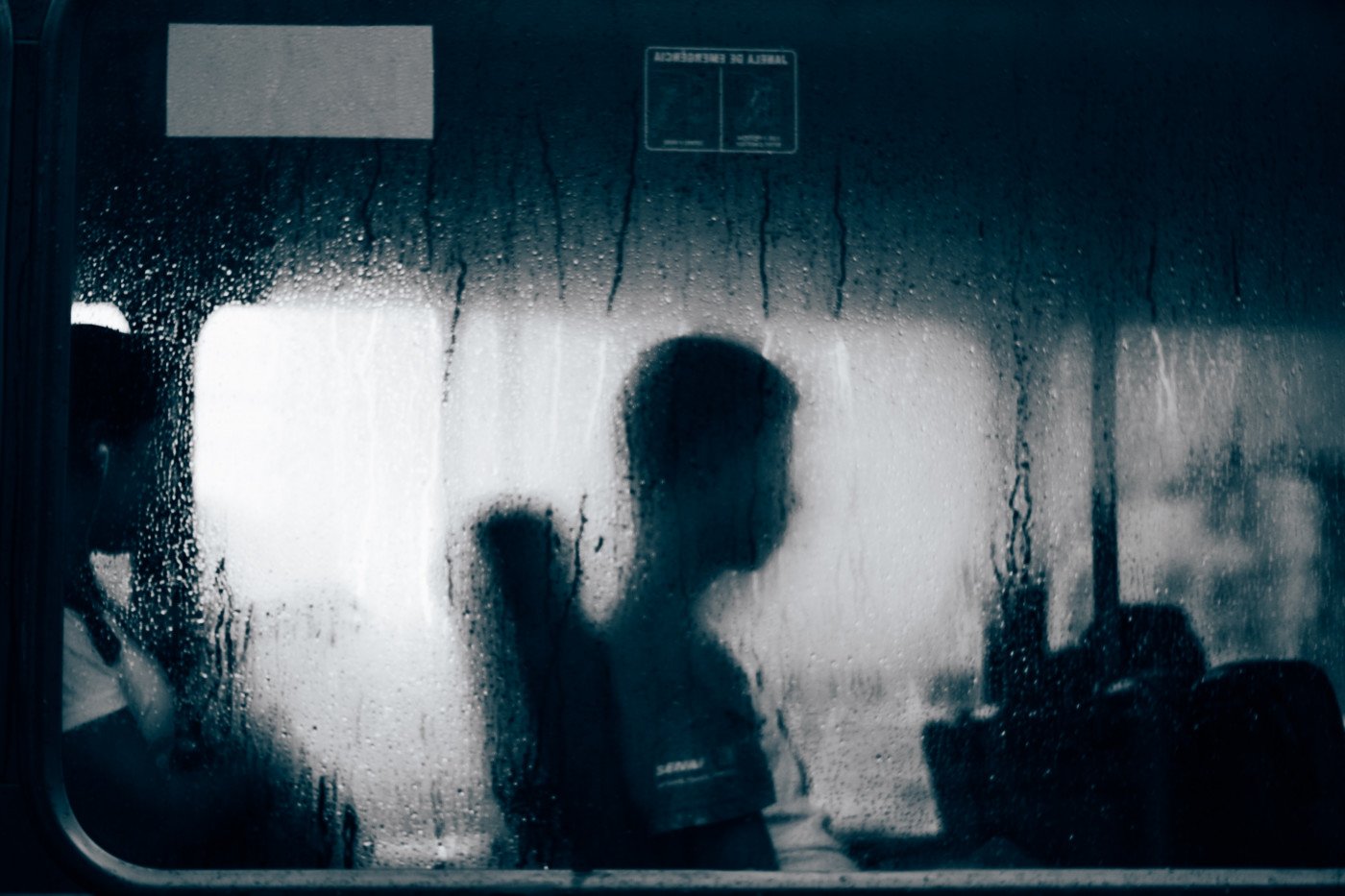
Photo by Pedro Gabriel Miziara on Unsplash
I recently read José Saramago’s harrowing 1995 novel Blindness, in which society is struck by a devastating blindness epidemic. The original Portuguese title translates to Essay on Blindness, which hints at the deeply exploratory nature of the story. The book indeed reads like a narrative essay on the fragility of societal structures and what happens when these structures collapse.
Initially I struggled with the unorthodox style of the book, but I was soon enraptured by the philosophical implications of the narrative, playing out like an elongated allegory with numerous meanings. The book forced me to think about society today and its many compartments, with the media in particular, as this is the branch which is meant to connect the plebs (you and I) to the ruling class. The media, specifically the news media, is supposed to let us know what’s going on behind our backs. You only have to look at the reaction of Trump supporters to corporate news channels such as CNN and MSNBC to realise that many people feel like they’re not getting the full story from establishment news organisations.
In Blindness, many of the infected are taken to detention centres to prevent the spread of the contagion. Saramago paints one of these detention centres as a place of abject degradation, a kind of hell in which the blind outcasts are left to fend for themselves without any connection to the outside world, and without any assistance from the government except for an insufficient and unreliable food delivery. This disturbing depiction is made all the more poignant now when considered alongside the inhumane practices of refugee centres in Europe and America, showing that the world of Blindness is not far removed from our reality.
The only information the prisoners receive comes in the form of a daily government announcement played through a speaker system. The announcement is always the same, bleak and monotonous, with references to ‘burning the dead’. This grim notice serves as an unwelcome reminder of the character’s captivity and disconnection from society. It is only when one of the new arrivals smuggles in a portable radio that the blind internees are buoyed by the prospect of news from the outside world. They even sacrifice the joys of music to preserve the batteries in favour of news reports.
The reaction of the characters shows how much people need media, especially in extreme situations, but this is also true on a general, day-to-day basis. People crave the bigger picture, they want to see what lies beneath the mechanisms controlling their lives, and if they feel like secrets are being withheld from them, they quickly become disillusioned, and this has never been truer than in the age of the internet.
Let’s look at an example. On 6 April 2018, in an eerily synchronised act of censorship, Facebook, Apple, YouTube and Spotify all removed a mass of Infowars content from their various platforms. Infowars is a right-wing news website and media organisation created by the controversial American radio show host, Alex Jones. Infowars content takes a conservative libertarian slant, often heavily imbued with conspiracy theories. Jones’ tendency to posit alternative narratives puts him at loggerheads with the current backlash against supposed “fake news”, but it is the equally nebulous term of “hate speech” that is cited by the companies as justification for their censorship, though no examples were given.
I am not a fan of Alex Jones. There are many things he has said that are, at the very least, in poor taste, such as claiming that the Sandy Hook school shooting was a hoax, for which he’s currently being sued by the victims of the massacre. But that’s exactly the point: America already has a judicial system capable of resolving cases of defamation. Instead it seems that governments are beginning to shirk the delicate responsibility of censorship, passing it over to private companies and giving profit-motivated multinationals free reign over the definitions of concepts like truth and hate, with a complete lack of regard for subjectivity or bias.
Towards the end of Blindness, one of Saramago’s nameless characters postulates, ‘I don’t think we did go blind, I think we are blind, blind but seeing, blind people who can see, but do not see’. This statement expresses the notion that, sight or no sight, society is already blind in so many ways, be it through the façade of the “rules-based international order”, or the frequently cruel and debasing ways individuals treat each other. I think the less people know about the world they inhabit, and the less information available to them, the more likely they are to become detached, angry, and willing to reject the ideas and rules that allow modern civilisation to function.
The worrying trend of internet censorship, spurred by ultra-powerful global institutions like the European Union, goes against the most rudimentary tenets of a free and open society, and serves as a mocking defacement of what the late writer and activist John Perry Barlow advocated for in his idealistic A Declaration of the Independence of Cyberspace: ‘we are creating a world where anyone, anywhere may express his or her beliefs, no matter how singular, without fear of being coerced into silence or conformity’.
True freedom of expression must pertain most intently to those whose opinions are contentious and peripheral. If Alex Jones is just the beginning, I worry where it might end.
Filed under: Politics, Written & Spoken Word

Comments